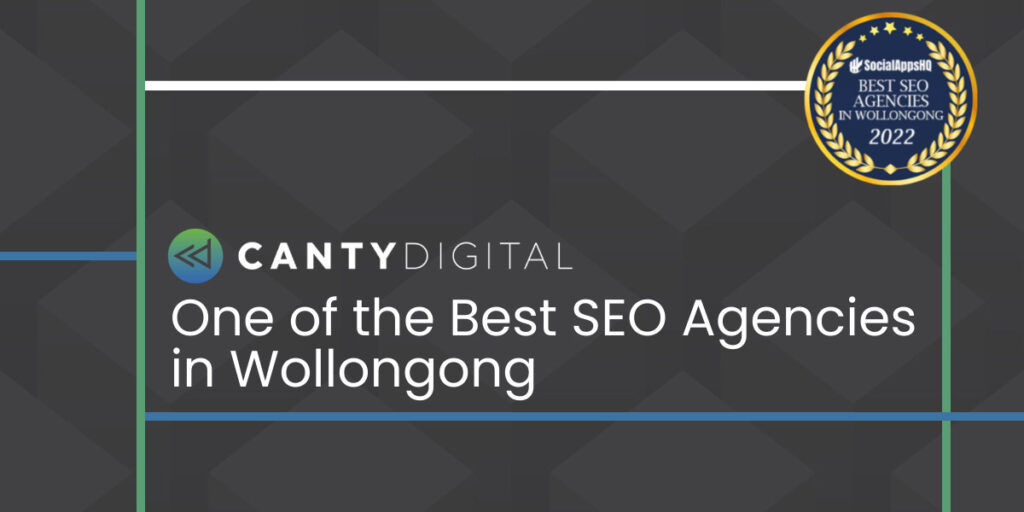
Do you find yourself struggling to determine the right digital marketing budget for your small business? With a spectrum of options available—from social media advertising to email campaigns—it’s understandable to feel swamped by the choices. We unravel the mysteries of digital marketing budgeting, empowering you to make informed decisions that drive growth and profitability.
Deciding Your Marketing Budget Structure?
It’s important not to spend too much time thinking about how much SEO should cost or how much do businesses spend on social media marketing in general. Rather initiate the process by assessing various budgeting methods and their respective advantages and disadvantages.
Evaluate Different Budgeting Methods
When structuring your marketing budget, you can utilise several methods:
- Revenue Percentage Allocation: This common approach involves dedicating a fixed percentage of your revenue to cover marketing expenses. By linking your marketing budget to revenue, you guarantee that your investment grows in line with your business expansion. This strategy may not be the most suitable for start-ups or businesses with fluctuating revenue streams, as it could result in inconsistent marketing efforts.
- Objective-Based: In this method, you establish specific marketing objectives, like increasing website traffic or generating leads, and allocate funds accordingly. This approach ensures that your resources are directed towards activities that yield results. However, it necessitates meticulous planning and monitoring to effectively allocate your budget and achieve desired outcomes.
- Competitive Parity: Some businesses opt to determine their marketing budget based on their industry competitors’ spending. While this strategy can maintain competitiveness, it may overlook your specific business requirements and goals. Moreover, blindly mirroring competitors’ expenditure patterns may not yield the best outcomes for your business.
Benchmarking Marketing Expenditure Across Industries
Once you have determined your budgeting method, it is beneficial to assess how your digital marketing spending compares to industry standards. Understanding typical marketing budgets for small businesses and various industries can provide valuable insights for establishing a baseline for your budget allocation. Let’s delve into some benchmarks and industry-specific considerations to assist you in making informed decisions regarding your digital marketing expenditure.
Typical Marketing Budgets for Small Enterprises
Small businesses often allocate a significant portion of their budget to marketing to increase brand visibility and drive sales. While there is no one-size-fits-all approach, industry benchmarks suggest that small enterprises typically dedicate between 7% to 12% of their total revenue to marketing efforts, but this may vary depending on industry, growth stage, and competition.
Typical Marketing Budgets for Different Industries
According to a recent Deloitte survey, industries were assessed based on the percentage of revenue allocated to marketing expenses. The findings revealed that most sectors invested more than 8% of their revenue in marketing initiatives. Sectors such as Consumer Services (6%), Education (3%), Energy (1%), Mining and Construction (3%), and Transportation (6%) fell below this benchmark. Conversely, Technology and Service Consulting emerged as top spenders, dedicating a significant 21% of their revenue to marketing.
It is essential to research and benchmark against similar businesses within your industry to gain a better understanding of what constitutes a reasonable marketing budget. Additionally, consider the unique characteristics and challenges of your industry when determining your budget allocation.

What Are the Factors That May Affect Your Marketing Budget?
Your budget is not just a financial figure; it is a strategic investment customised to your business’s unique circumstances and objectives, influenced by several factors, including:
Impact of Business Scale
The size and stage of your business play a crucial role in determining your marketing budget. Start-ups and small businesses may need to allocate a higher percentage of their revenue to marketing initially to build brand awareness and acquire customers. As businesses grow and evolve, marketing budgets may be adjusted to align with changing priorities and objectives.
Industry Landscape and Competition
Another aspect that can significantly influence your marketing budget is the competitive landscape within your industry. Industries with intense competition may require higher marketing expenditures to differentiate themselves and gain market share. Additionally, emerging trends and technological advancements may necessitate investment in innovative marketing strategies to maintain a competitive edge.
Your Marketing Goals
Let your marketing objectives and desired outcomes steer your budget allocation decisions. Whether you want to boost brand awareness, drive website traffic, or generate leads, allocate resources to initiatives that effectively support your goals. Regularly evaluate performance to gauge the ROI of your marketing investments and adjust your budget accordingly.
Striking the Balance: Finding Your Optimal Marketing Spend
With an understanding of diverse budgeting strategies, insights into industry benchmarks, and key factors shaping your marketing budget, it’s time to explore finding your optimal marketing spend.
Assessing ROI and Performance Metrics
Before determining your optimal marketing spend, evaluate the ROI of your existing marketing initiatives by analysing key performance metrics like conversion rates, customer acquisition costs, and lifetime value. By understanding which strategies yield significant results, you can allocate your budget more efficiently towards high-performing channels and tactics.
Experimentation and Testing
Effective digital marketing necessitates continuous experimentation and testing to identify what resonates best with your target audience. Allocate a portion of your budget towards testing new channels, messaging, and creative approaches to discover optimal results. By adopting a data-driven approach and iterating based on insights gained from testing, you can optimise your marketing spend over time to maximise ROI.
Allocating Resources Strategically
When allocating your marketing budget, prioritise initiatives that align with your business goals and target audience preferences. Investing wisely in high-return areas, such as SEO services, can offer substantial long-term benefits. It’s particularly vital for enhancing visibility and driving organic traffic, representing a smart allocation of marketing funds. However, you should also get informed about SEO rates and what might be some overall cost for search engine optimisation in your business case. Additionally, diversify your marketing mix to reduce reliance on any single channel and mitigate risk.
Monitoring and Adjusting
Don’t forget to regularly monitor the performance of your marketing campaigns and adjust your budget allocation accordingly. Keep a close eye on key performance indicators and be prepared to reallocate resources from underperforming initiatives to those that demonstrate higher ROI. By staying agile and responsive to changes in the market and consumer behaviour, you can optimise your marketing spend to drive sustainable growth.
Seeking Professional Guidance
If you’re unsure about how to optimise your marketing spend or need assistance with strategic planning, consider seeking professional guidance from digital marketing agencies for small businesses or other kinds of marketing experts. An experienced consultant can provide valuable insights and recommendations tailored to your specific business objectives and budget constraints.
Final Thoughts
There is no universal formula for knowing how much a small business spends on their marketing. The answer involves various factors, including business size, industry dynamics, and strategic objectives.
- For Small Businesses: Given their typically constrained budgets, small businesses may need to allocate a higher percentage of their revenue towards marketing to make a significant impact. As a rough guideline, small businesses often allocate around 7-8% of their revenue to marketing efforts.
- For Mid-Sized Businesses: With a bit more flexibility, mid-sized businesses can usually allocate approximately 9-12% of their revenue to marketing, allowing for greater scope in their strategies and initiatives.
- For Enterprise Businesses: Larger companies, benefiting from greater resources and scale, often allocate a more substantial portion of their revenue to marketing, typically ranging from 12-20%. However, this allocation can vary depending on specific goals and objectives.
These figures serve as general guidelines, and your unique circumstances should always be taken into account when determining your marketing budget. Contact Canty Digital for more information.






